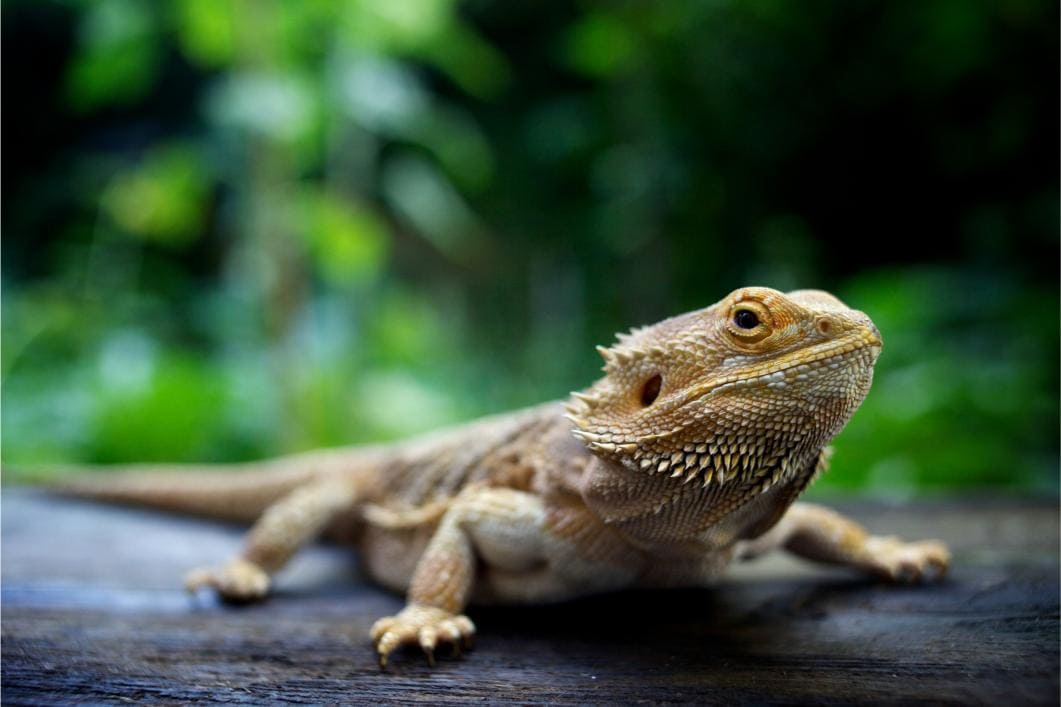What Are the Signs of Heat Stress in Birds, Reptiles, and Small Mammals?

Birds, reptiles, and small mammals have specific care requirements that owners must follow to provide optimal health and wellness throughout the year. Among other things, the weather can cause potential issues in these special pets not only because of their highly-specific needs for heat and humidity, but also as a result of their incredible sensitivities to their environment. As temperatures rise throughout Texas this summer, it remains a high priority to prevent and treat health conditions caused by or related to the season.
External Heat
Owners of reptiles typically have a great handle on what their pets need to achieve and maintain their delicate equilibrium. Because reptiles depend on external heat sources to regulate internal body temperature, it’s natural to assume that they’d love the intensity of the summer’s heat. While this isn’t wrong exactly, too much heat can be disastrous to the balance required for overall well-being and vitality.
Importance of Flow
To promote their comfort, thorough and sustained air flow is critical for exotic pets, especially birds. Without consistent cross ventilation, birds can quickly overheat. Small mammals like guinea pigs, ferrets, and rabbits are highly sensitive to both high heat and humidity, making them predisposed to heat stroke during the Texas summers.
Getting and Staying Ahead
Health problems related to the heat can escalate quickly in birds and exotics. Watch your pet for any signs of distress or discomfort, including:
- Panting or open-mouthed, rapid breathing
- Lethargy, hiding, or mobility issues like weakness or unsteadiness
- Loss of appetite
- Changes in skin coloration
A digital thermometer and hygrometer can be very useful in determining if a pet needs emergency or urgent care because of the heat. High readings should result in moving your pet to a cooler location, increasing air flow, and seeking veterinary help.
Heat Stress in Exotic Pets
Unrestricted access to fresh water is critical to preventing dehydration in exotic pets and birds. Additionally, bathing dishes and misters helps these special pets maintain a comfortable temperature. If there is too much moisture, on the other hand, a pet’s bedding and enclosure components can harbor mold or unhealthy bacteria.
Summer Dangers for Exotic Pets
Despite how comfortable people feel indoors with air conditioning, this may be too cold for an exotic pet or bird. Whatever specific environmental requirements your pet has, it is essential to work towards their maximum comfort.
Improper or inadequate lighting, heating, and air movements can all lead to appetite issues, problems regarding shedding, and a variety of other ailments. We take husbandry very seriously at South Texas Avian and Exotic Hospital. If you have questions about your pet’s habitat and their specific environmental needs, please give us a call at (210) 424-1871.
